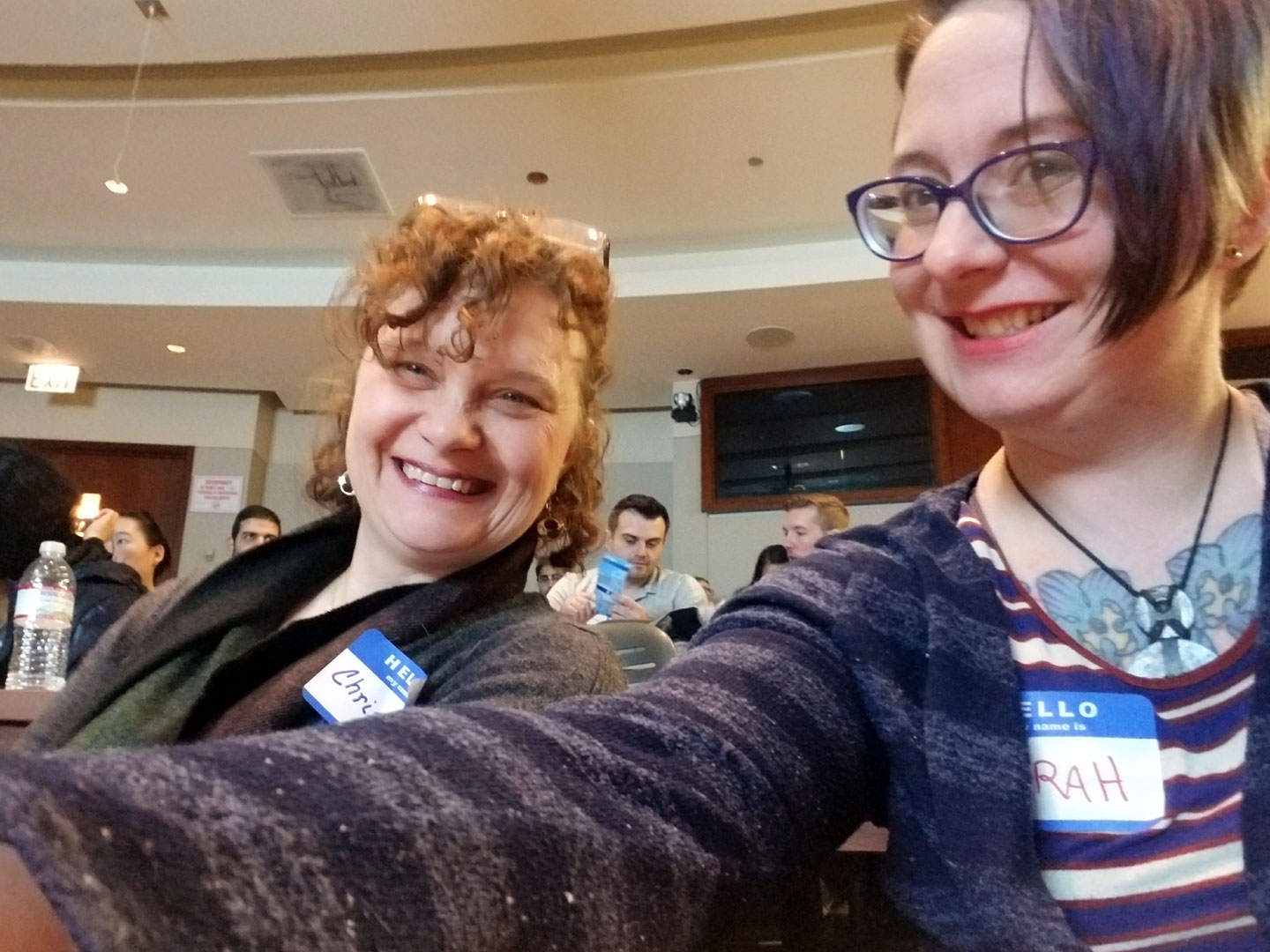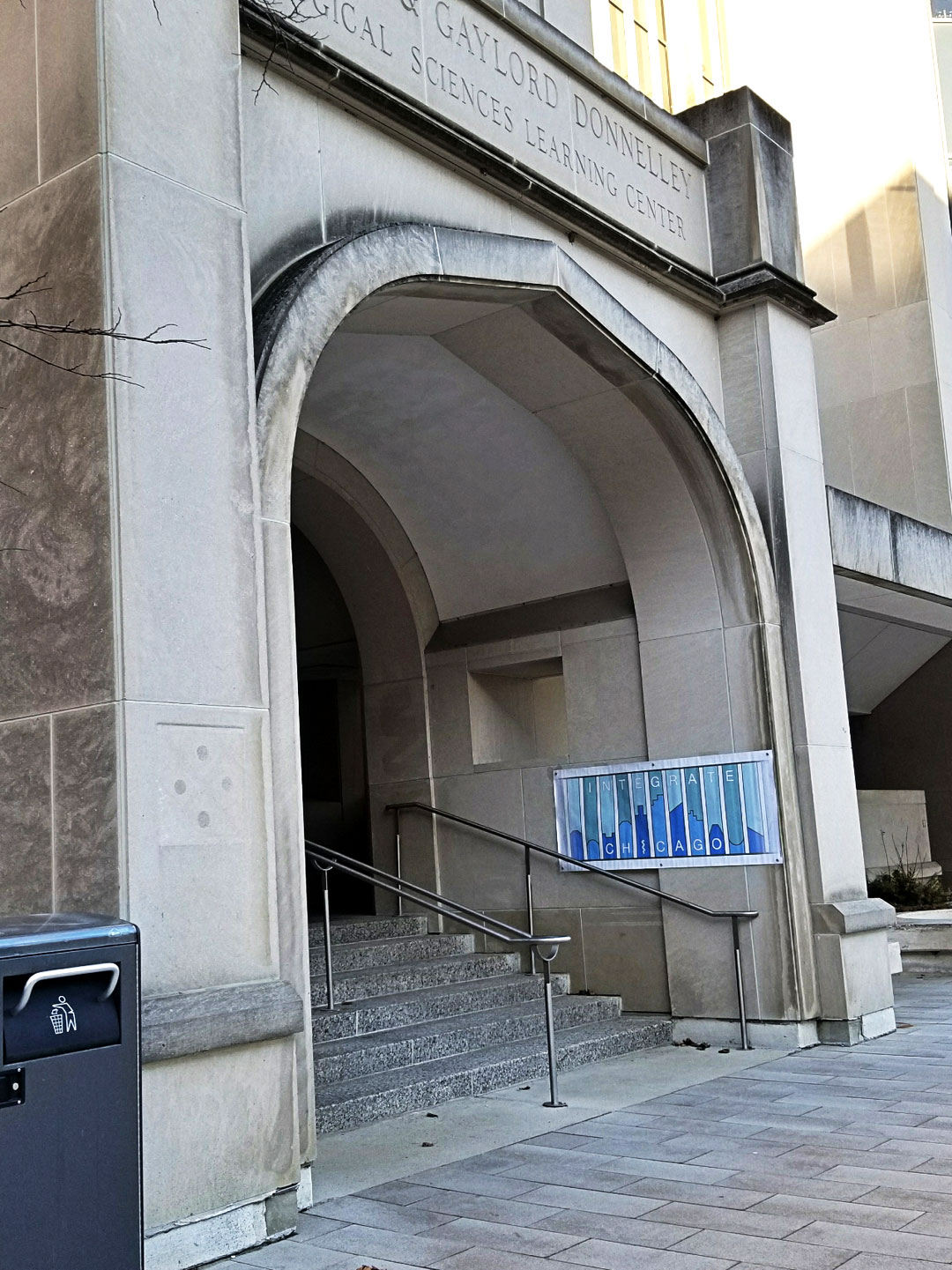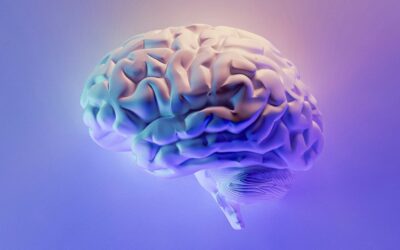I just attended my third Integrate Chicago conference! Every year this event is put together by the collaborative work of students from Chicago-area medical and health science schools. The end goal is to increase awareness of integrative medicine and inspire us as soon-to-be health care professionals to look at how we can work together with other providers for the best patient outcomes. This year the day-long annual conference was held at the University of Chicago. Given the nature of the programs and the identity of National University as an integrative school, they are always a sponsor.

Each year that I have been there, at least one of the talks was dedicated to self-care for the medical student/practitioner, this year was no different. Each of the keynote presenters had a message about using components of the human experience as a tool in caring for patients those being pain and love… boy those two things really work together sometimes, don’t they?
Dr. Trupti Gokani, an MD board certified in neurology and psychology, spoke about how important it is to listen to the pain. That it is the body telling you that something is wrong and change needs to happen. The type of change needed could involve a variety of things from the physical, to the social, and emotional. In general, the body matches the level of pain we experience to the level of perceived damage being done to the system. We were reminded not to get caught up with the idea that the good doctor’s sole purpose should be to remove pain from their patients, because this is the mindset that created the epidemic of opioid abuse that we are experiencing. You can only cover up and ignore pain for so long before the body needs to compensate by sending you a louder message. The alternative of teaching a patient how to live a life that will restore balance to the system is a bigger challenge, but yields a better result; the body will have less to yell about.
The next speaker, Dr. Sonia Oyola MD, talked about love and compassion in a medical practice. We need these things in our life if we wish to be healthy. The love and compassion do not need to come from outside of us; we can experience it in the way that we treat ourselves. The Harvard Adult Development Study that’s been going on for the last 75 years was also mentioned. One of the most significant contributors the study has found to longevity was the presence of a loving community in the person’s life.

Patients frequently come to us when they are experiencing challenges in their lives; if we can take the time and effort to build relationships and be compassionate during the time that we have with them, then we can play a part in helping them feel like they are connected to something more. The big takeaway for me from her presentation was a quote, “You are so lucky to have yourself, because you will always have someone to practice with,” another reminder that change needs to begin with me.
Would you like more information about Integrate Chicago, or perhaps to get involved with future conferences? Check out their website here: Integrate Chicago Conference.




0 Comments